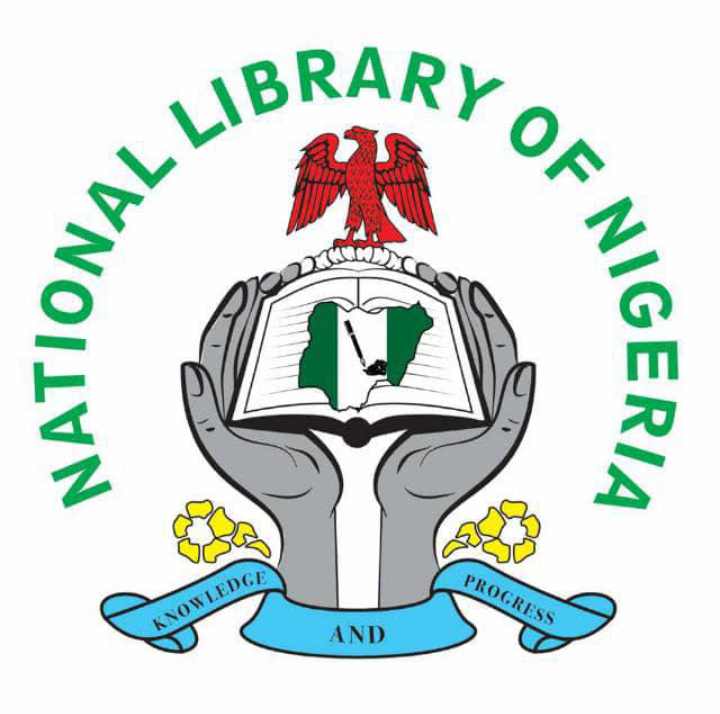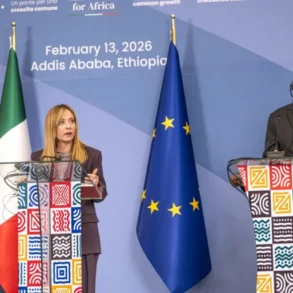The International Standard Book Number (ISBN) is a unique code assigned to books that meet international publishing standards. In Nigeria, an ISBN can only be assigned to a book with at least 35 pages. It is usually printed on the publisher’s page and on the back cover. Every ISBN is unique and no two books share the same number. The example 978-978-666-800-5 shows the structure: the first 978 is the international prefix, the second 978 is Nigeria’s country identifier, the 666 identifies the publisher, and the remaining digits are specific to that title. Every country has its own identifier, so Ghana’s is different from Nigeria’s.
Once an ISBN is assigned to a particular title, it cannot be used for any other title. If a book has multiple volumes under the same title, each volume must have a separate ISBN. Changing a book’s title after receiving an ISBN is discouraged, but if it becomes necessary, the publisher must submit a letter with a valid reason, make the required payment, and wait for approval from the National Library headquarters in Abuja before making any changes. If the record has already been sent to the International Centre, the process becomes more complicated. Corrections to titles are also discouraged, so publishers are urged to finalize titles before applying. Changing the author’s name after an ISBN is issued is strictly prohibited.
Before 2007, ISBNs had 10 digits. From January 2010, the system converted to 13 digits in line with global standards. Publishers who still have 10-digit ISBNs should convert them before use, as the cost of conversion is the same as obtaining a new ISBN. If you do not have an old ISBN, you do not need to worry about conversion.
To apply for an ISBN in Nigeria, you must provide a valid email address, your full contact address with exact location and state, and a functional phone number. The ISBN system also works alongside other identifiers such as ISSN for serial publications like newspapers and journals, ISMN for music publications, and barcodes for automated scanning in retail. One ISBN is tied to one title only, and adherence to these rules ensures that Nigerian publications meet global publishing standards.








